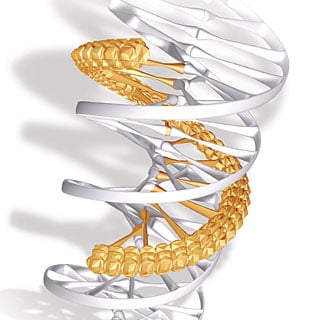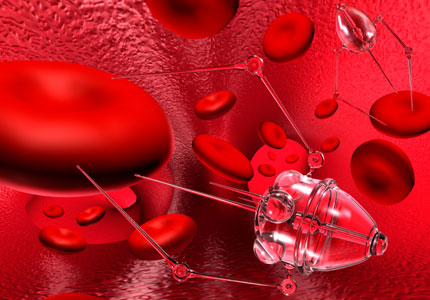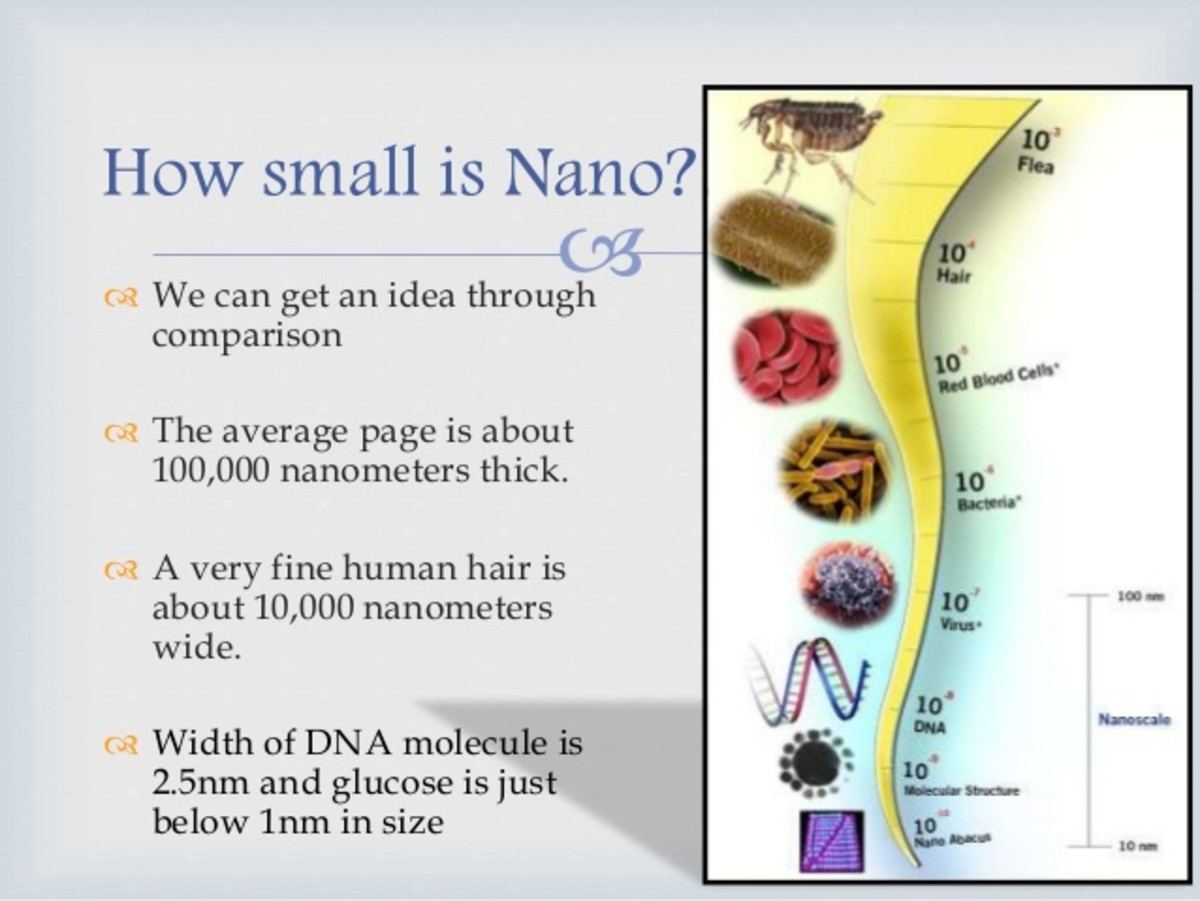The Science of Immortality: Reversing Human Aging-The Philosopher's Stone

Mankind has stood on the forefront of scientific exploration for centuries. So why have we yet to harness the power that has so eluded us for ages? Could the answer lie within a medieval stone? A stone that's said to have brought about the Elixir of Life? Known by many names, The Philosopher's Stone, could be the answer we have been searching for. The salvation of mankind; Immortality.
History of The Philosopher's Stone
The Philosopher's Stone is an alchemical substance that was said to change base medals (lead) into gold. Also known as the Elixir of Life, many believed the substance, when consumed as liquid gold, lead to longevity and immortality. The Philosopher's Stone was the central symbol for the mystical terminology of alchemy. Mention of this magical stone can be found as far back in history as 300AD, or as many alchemy writers insist, even further back to the time of Adam and Eve.
Although turning base metals such as lead into gold or silver would have proved beneficial, ultimately, it was not the actual goal of alchemist. Instead it is a symbolization of divinity and bodily transformation. In order to obtain immortality one's physiology must change; their genetics must be tweaked or altered at the very core of our existence, our DNA.
Only then shall we truly achieve immortality.
The Science of Immortality
Is immortality possible? Many scientists believe that we will see it in our lifetime. By the year 2045 science will prove that it will be biologically possible for the human race to extend our life spans infinitely. Still the question remains; would you want to live forever?
It is possible for humans to reach a maximum age of 120 years. In 1961 Dr. Leonard Hayflick proved this theory from his study of genetics, telomeres and cellular division. This little known fact is also stated in the Bible. In order to extend life behind those parameters science will need to do either of two things, genetically engineer us to defy aging or use android technology within our cells to increase our rate of survival. Science is capable of both via triple helix DNA and nanobots. Farfetched sounding? It's not. The University of Copenhagen in Denmark has already produced this triple helix complex which extends and reboots life. Laboratories throughout the US have in fact also already created a nanobot small enough to control the living brains in mice. The mice are now capable of driving remote control cars!

Triple Helix DNA
I am no molecular scientist so I won't delve too much into the properties of triple helix DNA and protein synthesis but I will comment on the fact that the possibilities in science that this will create is mind blowing. Our cells, on the molecular level, will be changed forever. Protein will be incorporated into a living cell such that it provides a more robust error-checking process for key genes such as those that may mutate to form cancers or biological deformities. Fatal diseases such as cancer will be immediately recognized on a cellular level and dispersed. Anything that threatens to destroy our survival will ultimately be destroyed before it has the chance to harm us!

Nanobots
"It's radical life extension," Ray Kurzweil,futurist, said. "The full realization of nanobots will basically eliminate biological disease and aging. I think we'll see widespread use in 20 years of [nanotech] devices that perform certain functions for us. In 30 or 40 years, we will overcome disease and aging. The nanobots will scout out organs and cells that need repairs and simply fix them. It will lead to profound extensions of our health and longevity." The nanotechnology will also be used to back up our memories and personalities. Alzheimer's? Boom, gone! They will travel throughout our blood stream like nano soldiers on a mission to search and destroy any and all potential fatal diseases. Another possibility is that , further in the future after the implementation and successful development of these nanonbots, they will eventually be able to repair and heal skin wounds. Wounds would no longer scar. The injured skin would be replaced with new, healthier skin. I would almost say it's a miracle in the making.
So, is immortality possible? Yes. Are you ready?
- 'Vampire therapy' could reverse ageing, scientists find - Telegraph
A transfusion of youthful blood may halt or even reverse the ageing process as two studies find that the chemical make-up of younger blood has surprising health benefits - The Making of Real Life Vampires: Immortality Achieved Through Nanobot Technology
Genetically altered humans turned vampire, is it possible? Can immortality be achieved? Harnessing the power of the mythical vampire - Paranormal Mysteries: Mysterious Human Skeletons, Fr...
Paranormal mysteries mysterious remains abound throughout the world and in every culture, some important to the evolution of society and some not so. But not all mysteries can be solved and most times are left to us to ponder...








